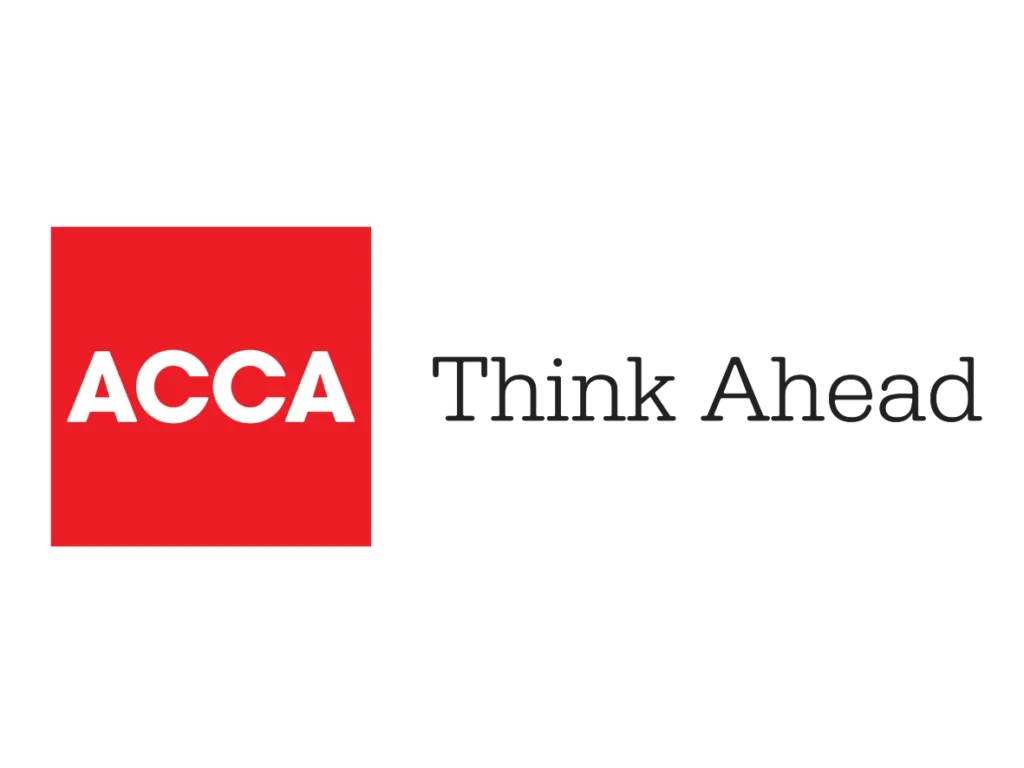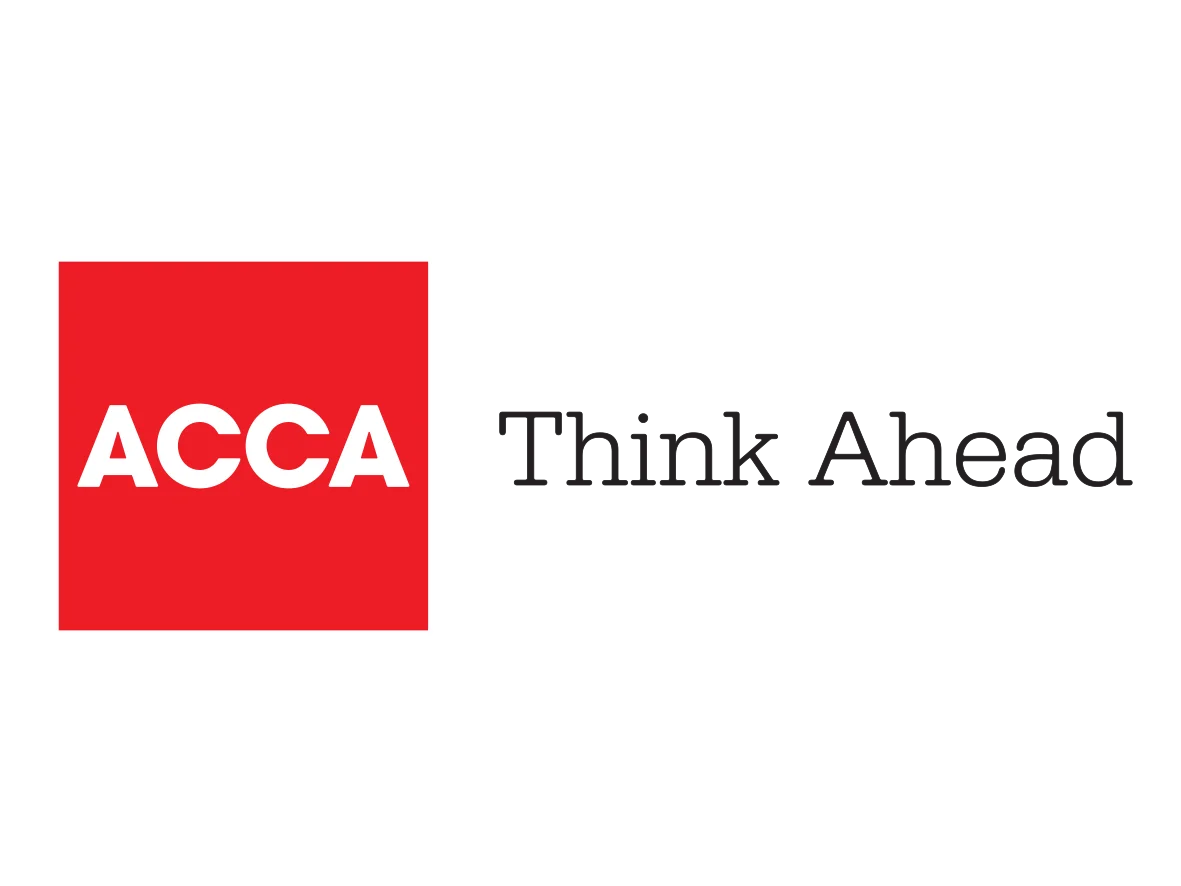Trump Tariffs and the UK: What Business Owners Should Know
It’s all over the news, Trump Tariffs and the UK – what does it all mean?
A tariff is a tax imposed by a government on imported goods and services, typically calculated as a percentage of the item’s value. Governments use tariffs to protect domestic industries by making foreign products more expensive, thereby encouraging consumers to buy locally produced goods. Tariffs can also serve as a source of government revenue and as leverage in trade negotiations.
During his first term (2017–2021), President Donald Trump adopted an aggressive trade policy, imposing significant tariffs on various countries. In 2018, his administration levied tariffs of 25% on steel and 10% on aluminum imports, affecting trading partners such as China, the European Union (EU), Canada, and Mexico. These actions led to retaliatory measures and escalated into a trade war, particularly with China. The tariffs aimed to reduce trade deficits and protect American industries but faced criticism for disrupting global supply chains and increasing costs for consumers and businesses.
In April 2025, President Trump announced a new series of tariffs, marking a significant shift in U.S. trade policy. Dubbed “Liberation Day” tariffs, these measures include a universal 10% tariff on all imported goods, effective April 5, 2025. Additionally, “reciprocal tariffs” target specific countries with higher duties based on trade imbalances. For instance, the EU faces a 20% tariff, while China is subjected to a cumulative 54% tariff when combined with previous duties. Notably, a 25% tariff has been imposed on all imported cars, directly impacting the automotive industry.
These new tariffs have sparked concerns among international trading partners and economists, who warn of potential retaliatory measures and negative impacts on global markets. The EU proposed a “zero-for-zero” tariff agreement to eliminate mutual tariffs on industrial goods, but this offer was rejected by President Trump, who emphasised an “America First” trade approach.
Understanding the nature and implications of these tariffs is crucial for UK business owners, as they may affect export strategies, supply chains, and overall competitiveness in the U.S. market.

How Trump Tariffs Could Affect UK Businesses
For UK businesses, especially those that rely heavily on trade with the United States, the reintroduction of Trump tariffs could bring significant challenges. The new proposals, including a 10% baseline tariff on all imports and a 25% tariff specifically on vehicles, pose a direct risk to British industries that depend on access to the US market.
The automotive sector is one of the hardest hit. British manufacturers such as Jaguar Land Rover have already paused shipments to the US in response to these proposed tariffs. With the UK’s car exports to the US valued in the billions, even a temporary hold can cause financial disruption. Higher import costs could make UK vehicles less competitive compared to domestic or non-affected alternatives in the US.
Manufacturers in the steel and engineering sectors are also under pressure. Tariffs on materials and finished goods will likely push up prices and squeeze margins. For businesses already operating on tight budgets, these added costs can significantly reduce profit or be passed on to customers—making UK exports less attractive abroad.
Even businesses that don’t export directly to the US may feel the effects. Many UK supply chains involve American-made machinery, components, or raw materials. Tariffs applied to these imports could result in higher operational costs for UK firms, particularly those in manufacturing, construction, and tech.
Additionally, smaller firms without flexible pricing structures or diverse customer bases could struggle to absorb the impact. The ripple effect may include contract renegotiations, delays in fulfilment, or the need to shift focus to other international markets. For many UK businesses, this means it’s time to revisit pricing models, assess supply chain vulnerabilities, and consider new markets or partners to remain competitive during this uncertain period.
Trump Tariffs and The UK – Potential Price Rises for UK Consumers
Although Trump tariffs are aimed at goods entering the US, the knock-on effects are expected to ripple across global markets — including the UK. One of the biggest concerns is the potential rise in prices for everyday goods and services.
When tariffs are placed on UK exports, manufacturers may pass on extra costs down the chain. If production costs go up due to increased charges on parts or raw materials, those higher costs can land squarely on the shoulders of UK consumers. For example, if a UK business buys US-made components to build products locally, tariffs on those imports could force prices higher here at home.
Retail and construction are two sectors that could be especially affected. Retailers that import goods from the US or that rely on products which contain US components could see rising wholesale prices. Builders and developers that use machinery or materials sourced directly or indirectly from the US may also face steeper costs, which could ultimately increase the price of housing and renovations.
In real terms, this might mean higher prices for vehicles, electronics, clothing, or even home improvements – not because of domestic policy, but as a result of shifting global trade rules. For example, UK-based car dealers who sell US-made models may need to raise prices or delay orders due to cost increases.
Even if you never trade directly with the US, these tariffs could still be felt in your weekly shop or next big purchase, as global supply chains absorb and react to the new costs.
What UK Politicians and Trade Bodies Are Saying
The UK government has responded with concern to the reintroduction of Trump tariffs, particularly given their direct impact on key British industries. Prime Minister Keir Starmer has stated that his government is committed to supporting businesses that are likely to be affected. In particular, he has promised strong backing for the automotive sector, calling the proposed 25% car tariff “damaging and unnecessary.”
Government officials are reportedly seeking talks with US trade representatives to explore possible exemptions or to negotiate more favourable terms. While there’s no confirmed timeline for formal negotiations, Downing Street has indicated that protecting British jobs and exports is a priority.
Trade bodies have also been vocal. The Confederation of British Industry (CBI) has warned that new tariffs could “dampen confidence” just as some businesses are starting to see post-pandemic recovery. They’ve urged both the UK and US governments to keep trade channels open and predictable.
The Federation of Small Businesses (FSB) has expressed concern on behalf of smaller exporters, many of whom lack the resources to quickly adapt to new trading conditions. They argue that businesses need more clarity and support to prepare for potential disruption.
There is growing consensus among political and industry leaders that the UK needs to reinforce its trade resilience. This includes finding new markets, strengthening domestic supply chains, and staying informed on international developments. Businesses are being encouraged to speak with their accountants and advisors to prepare for changes that could affect their bottom line.

What UK Business Owners Can Do Now
With the uncertainty surrounding Trump Tariffs and the UK, many business owners are asking what steps they should take to stay prepared. While the full impact is still unfolding, there are practical actions you can take right now to reduce risk and maintain stability.
1. Review Your Supply Chains
If your business depends on goods from the US or components that pass through American trade routes, it’s time to take a closer look. Consider alternative suppliers or build buffer stock to cushion against any cost increases or delivery delays.
2. Reassess Export Pricing
For exporters to the US, especially in automotive, steel or manufacturing, it may be necessary to revisit your pricing strategy. Factor in the possibility of reduced demand due to higher retail prices stateside. Transparent communication with customers will help manage expectations.
3. Talk to Your Accountant
This is the time to have a conversation with your financial adviser or tax planner. With tariffs influencing import and export margins, understanding your profit-and-loss breakdown is vital. Your accountant can also help with forecasting and identifying which parts of your business are most exposed.
4. Keep an Eye on Trade Developments
The situation is evolving quickly. Sign up to government trade updates and industry newsletters. Staying informed will give you the flexibility to respond quickly to any changes – whether it’s a new trade agreement or updated tariff schedules.
5. Plan for the Long Term
Tariffs like these may come and go, but they show the importance of having a diversified customer base and a flexible operating model. Reducing reliance on any single export market – especially one as politically changeable as the US – is smart business in the current climate.
By staying proactive, UK businesses can weather the uncertainty around Trump Tariffs and the UK, and come out stronger on the other side.
Our Final Note
The Trump Tariffs has stirred concern for many business owners and rightly so. Whether you export goods to the US or rely on American-made components, these new trade policies could bring added costs, delays, and strategic challenges.
We’ve seen how key sectors like automotive, manufacturing, and retail could be affected. From price increases to supply chain disruptions, the potential impact on your operations and your customers is very real. But there’s one message we want you to take away: planning is everything.
If you take steps now – reviewing your supply chains, understanding your exposure, and exploring pricing adjustments – you’ll be in a far stronger position to adapt quickly. The more you prepare, the less disruption you’ll face.
At HT Advisory, we’re here to support you through it. Whether you need help forecasting the potential impact, adjusting your business structure, or ensuring compliance, our team is ready to assist. We provide practical, no-nonsense advice tailored to your business, helping you make confident decisions in uncertain times.
Get in touch with HT Advisory today to protect your business from external shocks and build a strategy that lasts – tariffs or not.
Sources:
-
The Guardian – Jaguar Land Rover halts shipments to US in response to Trump tariffs
https://www.theguardian.com/uk-news/2025/apr/06/it-would-affect-the-area-massively-fear-in-solihull-as-home-of-jaguar-plant-awaits-impact-of-trump-tariffs -
Reuters – UK Prime Minister Keir Starmer vows support for UK carmakers
https://www.reuters.com/world/uk/uks-starmer-vows-back-auto-makers-to-hilt-over-us-tariffs-2025-04-07/ -
The Times – Trump’s tariffs could cost UK exporters millions
https://www.thetimes.co.uk/article/keir-starmer-trump-tariff-news-5zv7nksmt -
New York Post – EU offers tariff-free industrial trade deal, rejected by Trump
https://nypost.com/2025/04/07/us-news/eu-offers-to-remove-industrial-tariffs-on-us-goods-ready-for-a-good-deal/ -
Oxford Economics – Impact of global trade tensions on UK GDP and business investment
https://www.oxfordeconomics.com/resource/trump-tariffs-will-cut-uk-growth-as-global-demand-weakens/ -
PBS NewsHour – Explainer: How tariffs work and their economic impact
https://www.pbs.org/newshour/economy/5-things-to-know-about-tariffs-and-how-they-work -
Wikipedia – Trump’s 2018–2020 trade tariffs history
https://en.wikipedia.org/wiki/Tariffs_in_the_first_Trump_administration



